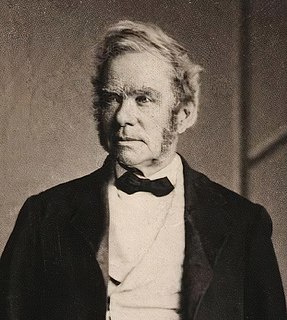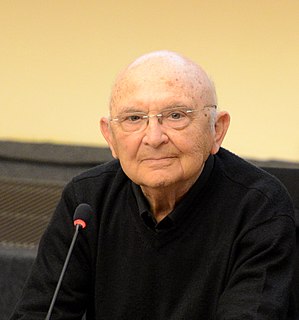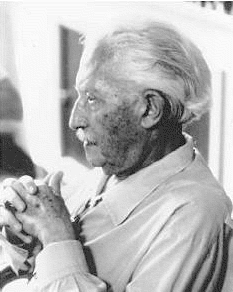A Quote by Jean-Paul Sartre
The writer is committed when he plunges to the very depths of himself with the intent to disclose, not his individuality, but his person in the complex society that conditions and supports him.
Related Quotes
Some souls think that the Holy Spirit is very far away, far, far, up above. Actually he is, we might say, the divine Person who is most closely present to the creature. He accompanies him everywhere. He penetrates him with himself. He calls him, he protects him. He makes of him his living temple. He defends him. He helps him. He guards him from all his enemies. He is closer to him than his own soul. All the good a soul accomplishes, it carries out under his inspiration, in his light, by his grace and his help.
The writer walks out of his workroom in a daze. He wants a drink. He needs it. It happens to be a fact that nearly every writer of fiction in the world drinks more whisky than is good for him. He does it to give himself faith hope and courage. A person is a fool to become a writer. His only compensation is absolute freedom. He has no master except his own soul and that I am sure is why he does it.
Society is to the individual what the sun and showers are to the seed. It develops him, expands him, unfolds him, calls him out of himself. Other men are his opportunity. Each one is a match which ignites some new tinder in him unignitible by any previous match. Without these the sparks of individuality would sleep in him forever.
European society has always been divided into classes in a way that American society never has been. A European writer considers himself to be part of an old and honorable tradition--of intellectual activity, of letters--and his choice of a vocation does not cause him any uneasy wonder as to whether or not it will cost him all his friends. But this tradition does not exist in America.
Since the social victim has been oppressed by society, he comes to feel that his individual life will be improved more by changes in society than by his own initiative. Without realizing it, he makes society rather than himself the agent of change. The power he finds in his victimization may lead him to collective action against society, but it also encourages passivity within the sphere of his personal life.
His heart is a desert island.... The whole scope, the whole energy of his mind surround and protect him; his depths isolate him and guard him against the truth. He flatters himself that he is entirely alone there.... Patience, dear lady. Perhaps, one day, he will discover some footprint on the sand.... What holy and happy terror, what salutary fright, once he recognizes in that pure sign of grace that his island is mysteriously inhabited!
If we, who live outside asylums, act as if we lived in a fictitious world- that is to say, if we are consistent with our beliefs- we cannot adjust ourselves to actual conditions, and so fall into many avoidable semantic difficulties. But the so-called normal person practically never abides by his beliefs, and when his beliefs are building for him a fictitious world, he saves his neck by not abiding by them. A so-called "insane" person acts upon his beliefs, and so cannot adjust himself to a world which is quite different from his fancy.
The strengths a young person finds in adults at this time-their willingness to let him experiment, their eagerness to confirm him at his best, their consistency in correcting his excesses, and the guidance they give him-will codetermine whether or not he eventually makes order out of necessary inner confusion and applies himself to the correction of disordered conditions. He needs freedom to choose, but not so much freedom that he cannot, in fact, make a choice.
Each is but a means to an end; in the perfected end we find the intent, and there God — not in the laws themselves, except as his means of revealing himself. For that same reason, human science cannot discover God. For human science is but the backward undoing of the tapestry-web of God's science, it works with its back to him, and is always leaving him — his intent.
And truly it demands something god like in him who has cast off the common motives of humanity, and has ventured to trust himself for a taskmaster. High be his heart, faithful his will, clear his sight, that he may in good earnest be doctrine, society, law, to himself, that a simple purpose may be to him as strong as iron necessity is to others!







































